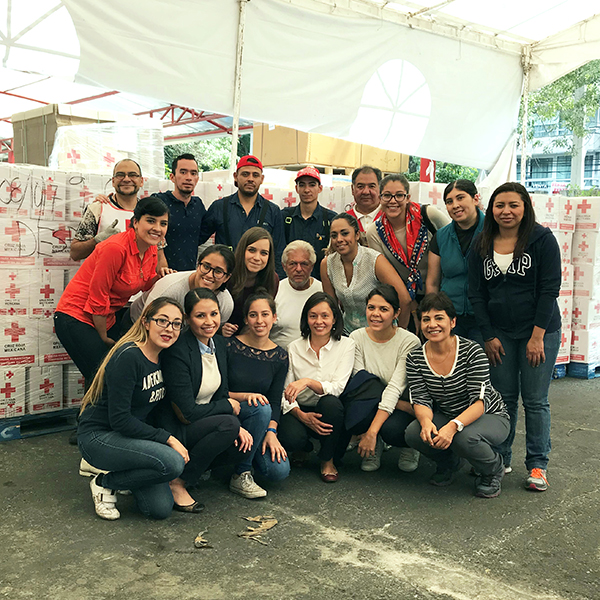COMMUNITY ENGAGEMENT
In 2017, we invested 1.95 percent of consolidated net profits in social programs.
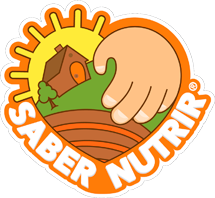
Since 2013, Saber Nutrir® and Pro Mazahua have joined forces to train the population in the construction of productive projects like cisterns, ecological stoves, chicken coops and micro tunnels, which enable Mazahua communities to have a supply of nutritious, varied and sufficient food all year round, both for their own consumption and for sale or exchange.
In the framework of this alliance, 891 productive projects have been completed over the last four years, benefiting 337 families in nineteen rural communities in Estado de México.
These projects have helped their beneficiaries to save an average of $145 pesos a week on the purchase of food and obtain weekly earnings of $405 pesos from the sale of products like vegetables, eggs, and chicken.
Based on annual monitoring and nutrition assessments of the 59 families and 76 children in the follow-up program, 89 percent of the children are stable, 4 percent have improved while 7 percent have worsened since last year’s assessment.
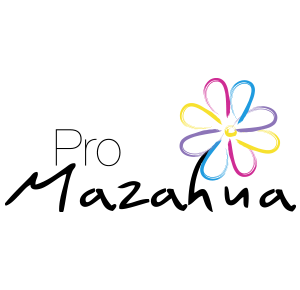
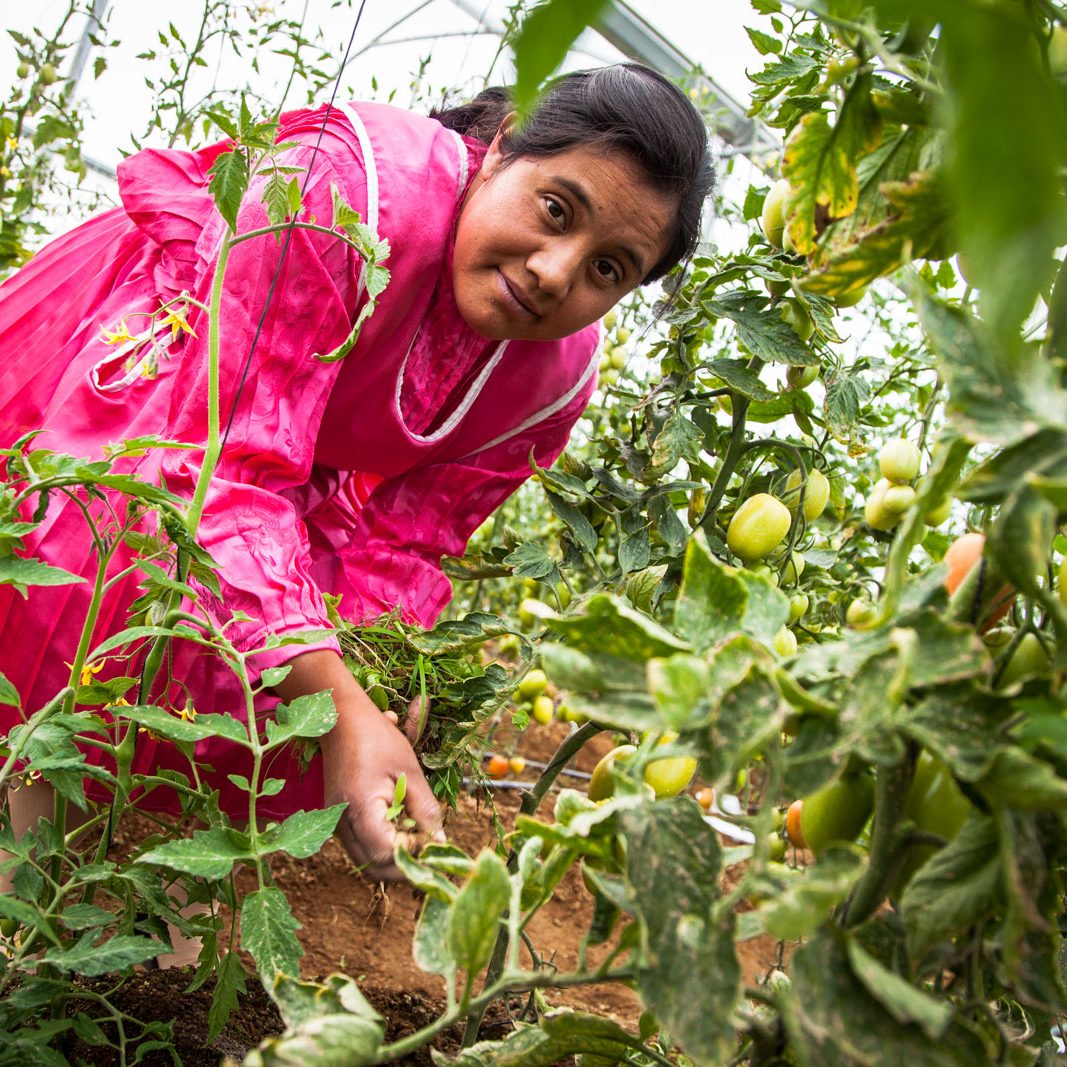
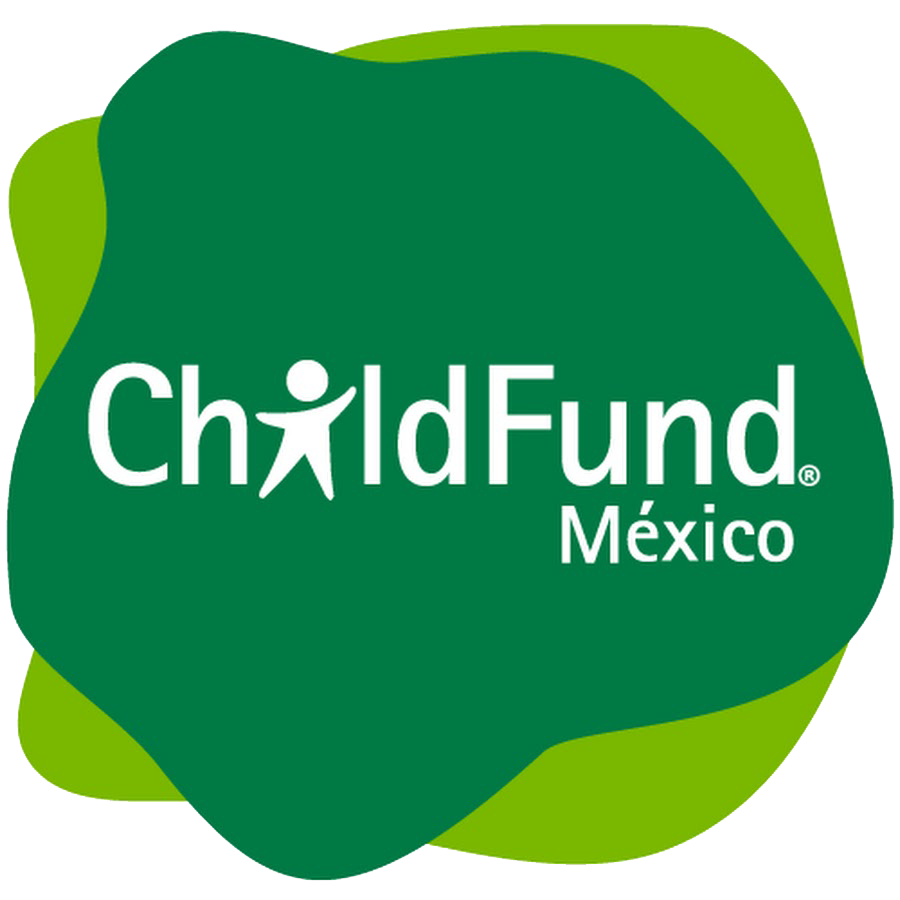
Through the Sponsors program, the Group’s employees fund food supplements for children with serious malnutrition, enabling them to improve more rapidly.
In 2017, the Saber Nutrir Sponsors program added 113 sponsored children, ranging in age from one to fifteen years. Moreover, twelve children recovered from various degrees of malnutrition and improved their quality of life.
Through corporate volunteering, one hundred employees gave 450 hours of work to maintain nine micro tunnels, five chicken coops and five cisterns, to benefit Mazahua families in the Trampa Grande community, Estado de México.
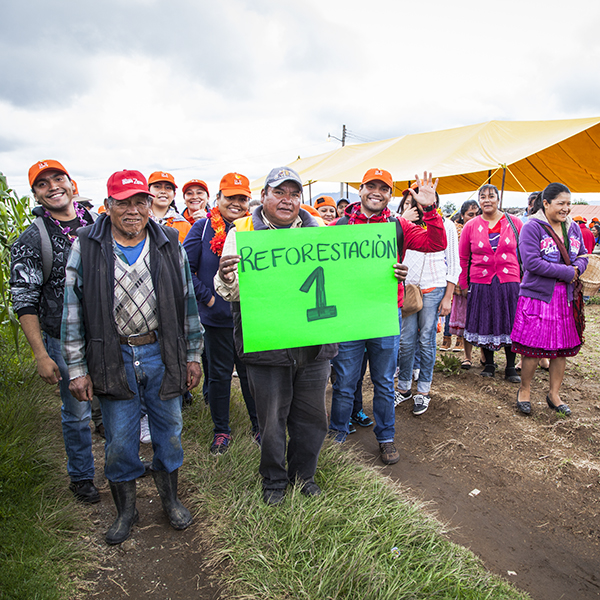
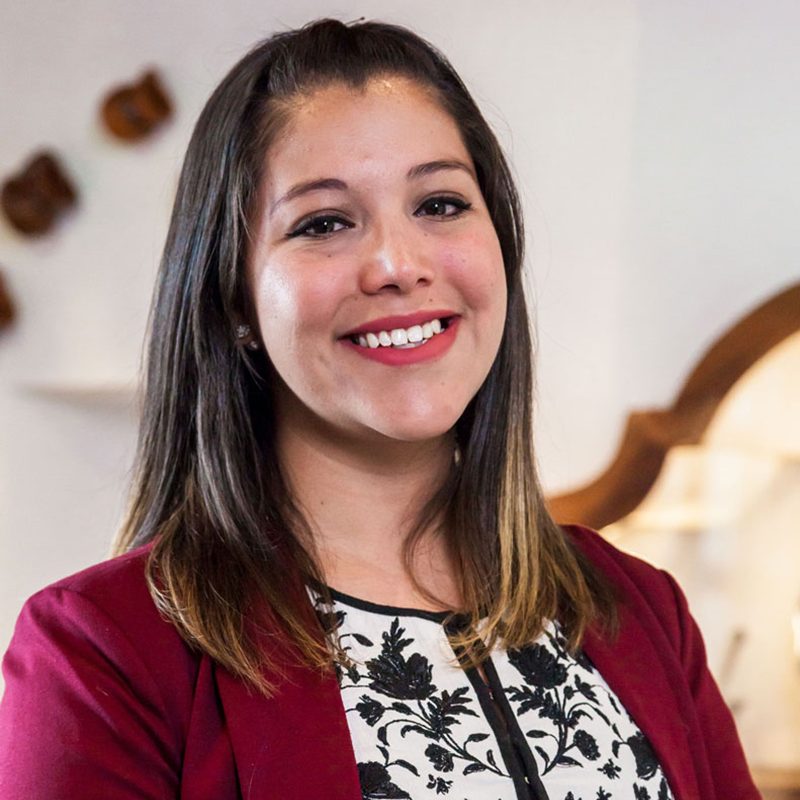
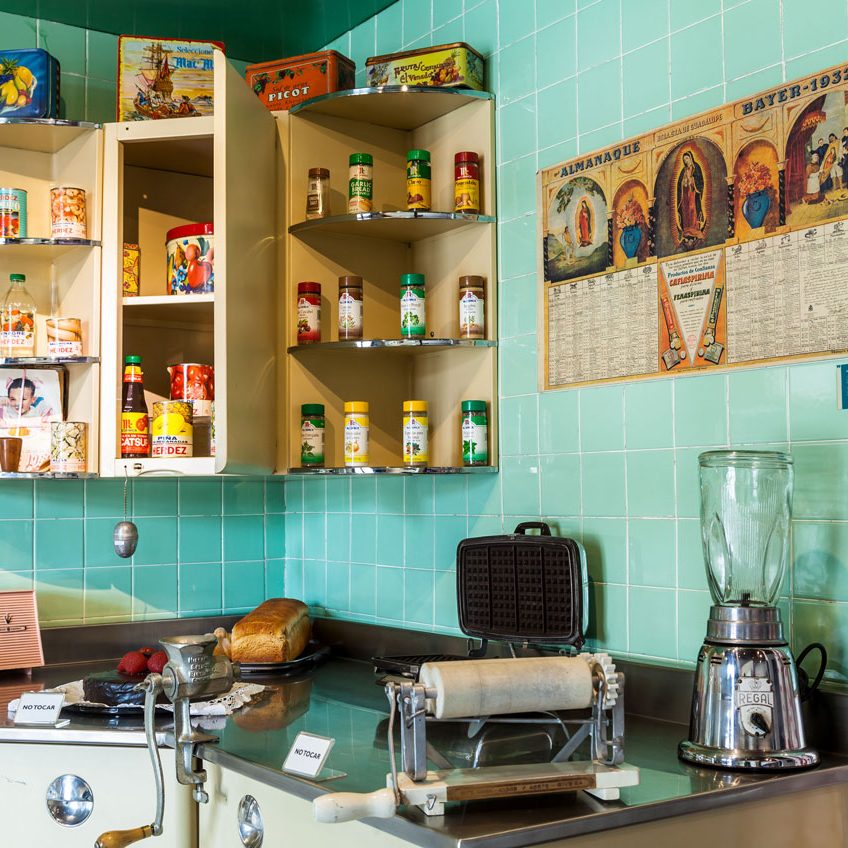
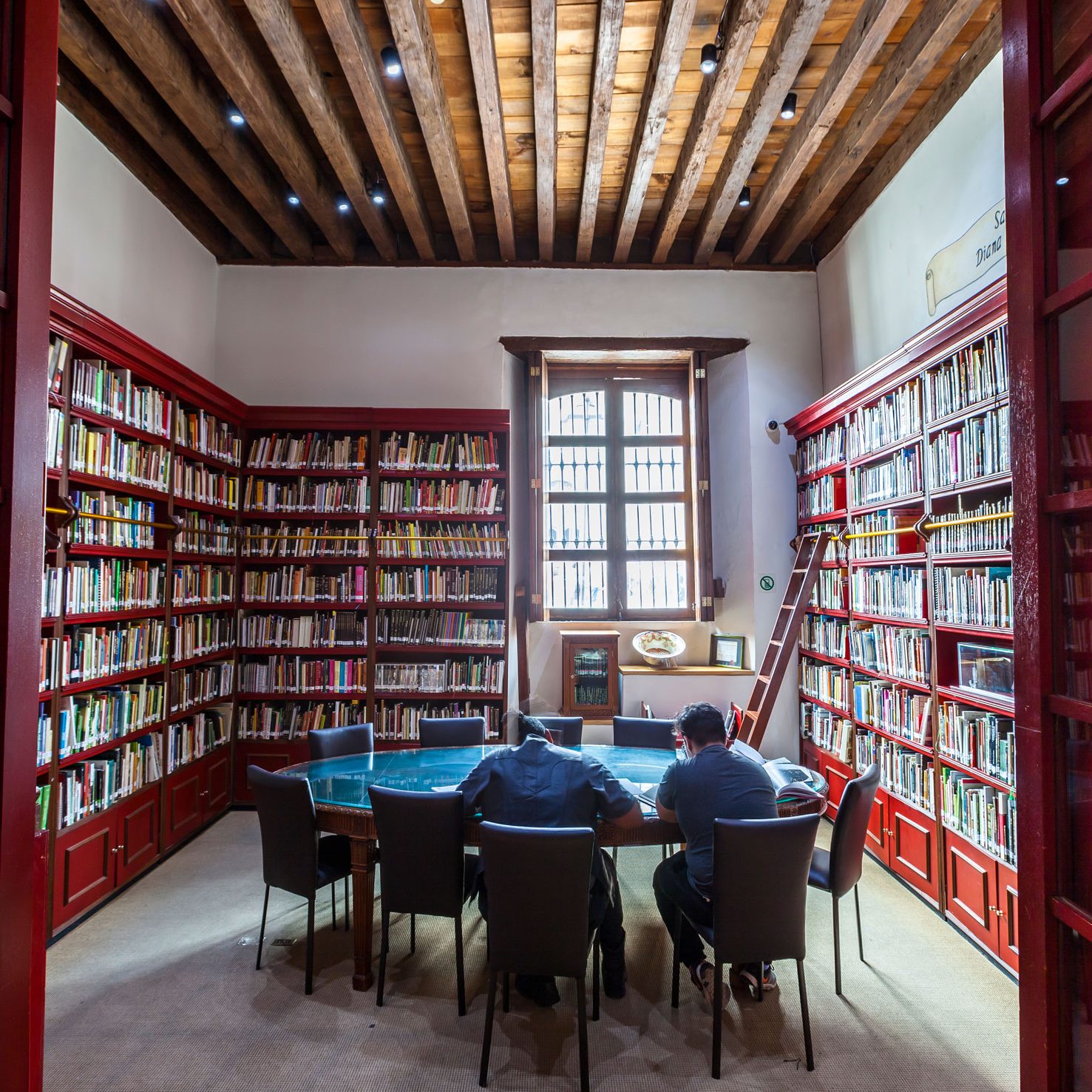
The Herdez Foundation, in alliance with the Food Bank of Mexico, provides support to communities which are affected by natural disasters through in-kind donations in a monthly food donation program. During 2017, 425,654 cases of product were delivered, to the value of 1.9 million pesos.
In Grupo Herdez, we sympathize with the affected families and recognize the brave work of all the individuals and institutions who collaborated, in one way or another, to mitigate the damage caused by the September earthquakes across several Mexican states.
Once again, the Mexican people demonstrated the great power of teamwork. Grupo Herdez participated in this important work along three main lines of action:
It should be highlighted that all these actions were carried out in coordination with civic organizations and government agencies.
